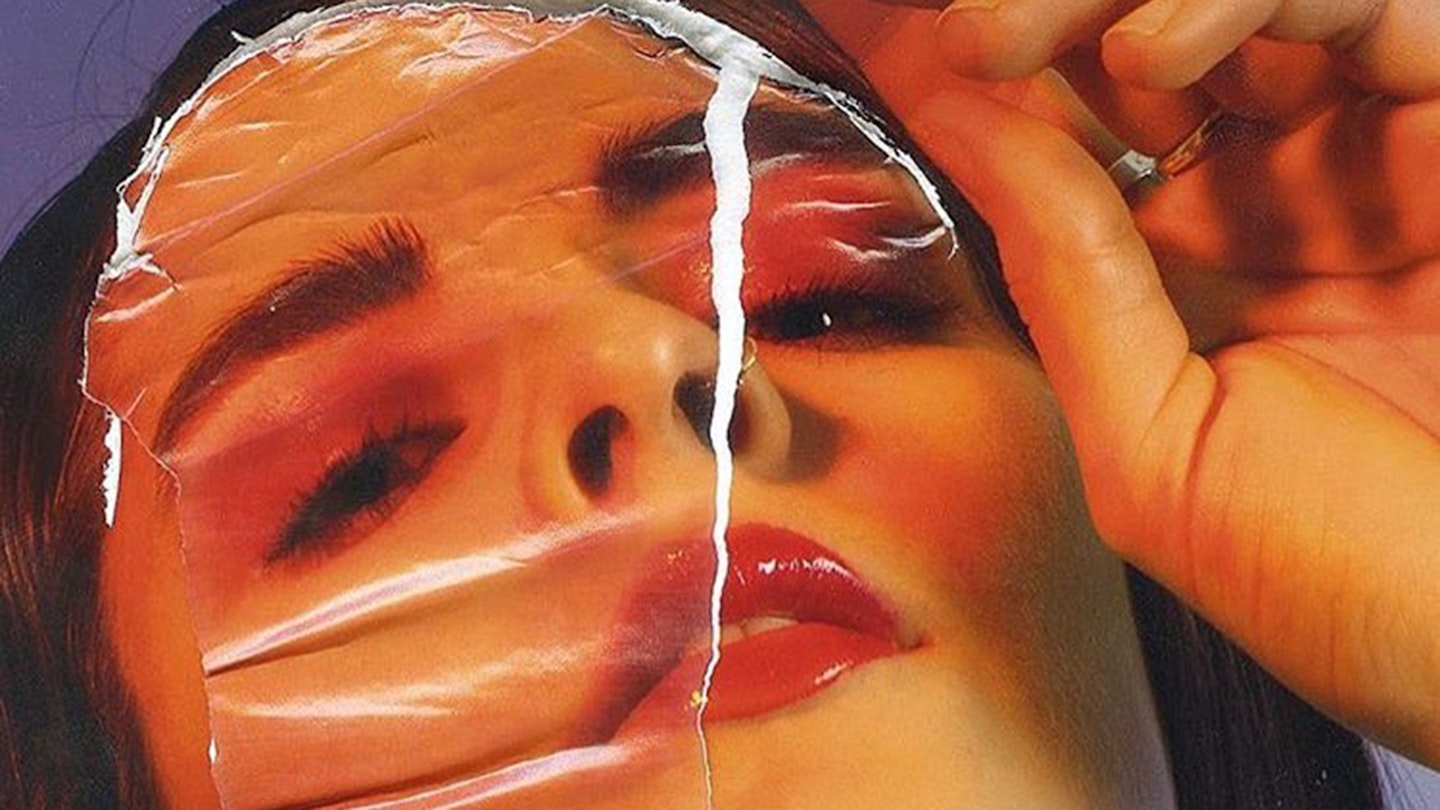There is a process that some - not all, but some - black people go through when we apply for jobs.
Like everyone else, we research the company and who our potential managers might be, but we also go through an identity cleanse of sorts.
What I mean by that is if our names sound just a little too ethnic, we may change them to sound more British on our CVs. Or if we get that all-important call to say we’ve got an interview, we ensure we respond in our finest Queen’s English, just in case we are unfairly labelled too ‘urban’ for the office before we've even set foot in the door.
And, if you are a black woman with afro-textured hair, some of us may take certain steps to ensure we have a hairstyle that looks more European. You see, black people often rid themselves of their racial identity to improve their chances of getting an interview, landing the job and staying in the role we’ve managed to secure when we get one.
As black people, we know that any hint of our racial identity could unfortunately and unfairly be a curse rather than a blessing when it comes to securing a job.
However, there are some cases in which blackness or leaning on black culture can benefit you when it comes to gaining employment, as Anastasia Glover proved.
Anastasia, a 21-year-old arts graduate from Manchester University, turned her covering letter into a grime rap, submitted it to recruiter firm Forward Role and has been lauded with praise for her creativity.
“Man got a degree from university/a 2:1 ting, am a serious G,” she wrote, going on to add: “Got no job an a got no mandem/I’d go on a bike ride, someone jacked me tandem.”
On reading Anastasia’s application, Steve Thompson, the managing director of Forward Role, said that her rap showed “brilliant creativity and a real willingness to think outside the box”. He added that the agency are “committed” in helping Anastasia find a job.
But there’s a problem with this picture. The reason why Anastasia was able to add this dose of blackness to her application and be praised for it, rather than discriminated against, is because she is white.
The popularity of her grime rap highlights two things. Firstly, that there is a clear disparity between how black and white people are forced to navigate racial identities in the world of work. Secondly, that white privilege is not a figment of our collective imaginations. It shows that when you are white, you can cross racial lines and use blackness for economic profit.
Time after time, we see that when black people perform grime in a serious capacity after mastering the craft, they are still hindered by stereotypes.
We saw this when the Daily Mail published an entire article based on “research” that had apparently shown that grime was responsible for a rise in cannabis use.
We saw this when grime and rap music was performed at a predominantly white awards show - as Kanye West did at the 2015 Brits alongside Stormzy, Skepta and other grime stars. There was a huge backlash. Some social media users went as far as to compare the landmark performance to the London riots, therefore implying that blackness, grime and violence are all inextricably linked.
It is only white people like Anastasia Glover who can perform grime without being saddled with the prejudices that hold black men and women back in society. When Anastasia performs grime, she is granted social opportunities and privileges, which only her whiteness can offer her.
For me, Anastasia’s grime rap is the modern day equivalent of blackface. What is the difference between white performers in the 19th century wearing black make-up and Anastasia’s tactic of using grime in a job application?
The truth is, her rap isn’t clever or creative, it is just another fine example of white privilege. When you are white, you are able to capitalise on a system that has been built for you to succeed. And one way to succeed is to temporarily use black culture to get a foot up in the world of work.
Tobi Oredein is the editor and founder of BlackBallad.co.uk, a UK-based lifestyle platform that seeks to tell the human experience through the eyes of black British women
This article originally appeared on The Debrief.
